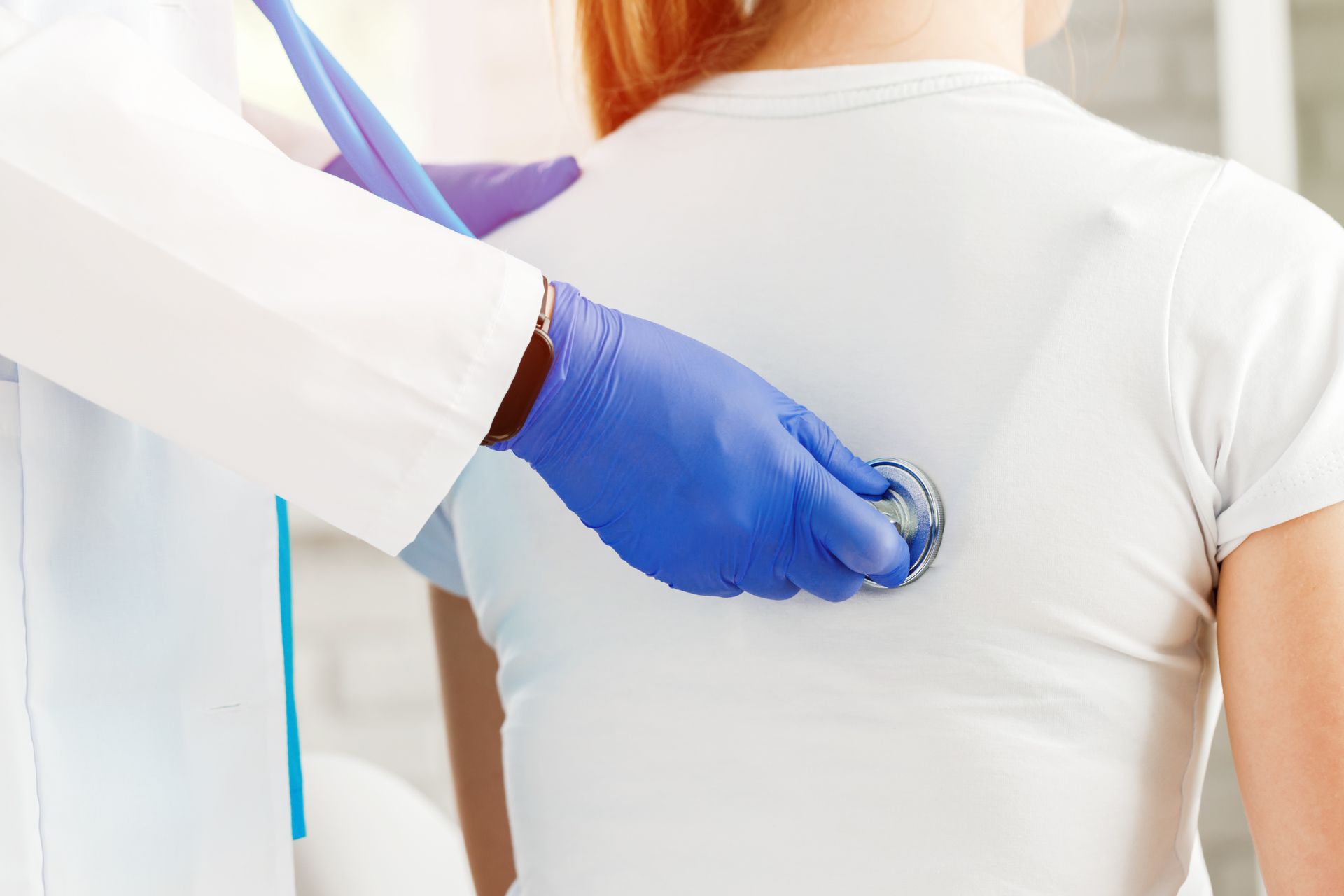What is Sleep Apnea and How is it Diagnosed?
Few things are more important to your overall health and well-being than quality sleep. Unfortunately, sleep disorders such as sleep apnea can keep you from getting the rejuvenating rest you need, leaving you fatigued and at greater risk of other serious health conditions. Here’s what you should know about sleep apnea.

What is Sleep Apnea?
Sleep apnea is a condition in which you temporarily stop breathing while sleeping. Typically, this occurs when the upper airway collapses as it loses muscle tone during sleep, cutting off the flow of oxygen. Eventually, this causes the brain to trigger you to wake up and start breathing again. Most of the time, the person with sleep apnea falls right back to sleep, so they don’t even remember that they woke up. These awakenings can occur dozens of times per hour, disrupting sleep and leaving you feeling fatigued in the morning.
How Sleep Apnea is Diagnosed
Common warning signs of sleep apnea include chronic fatigue that leads to daytime sleepiness and irritability. Morning headaches, mood changes, and depression can also result from poor sleep. Your bed partner may observe loud snoring or gasping for breath during sleep. If these symptoms continue for an extended time, you should do an overnight sleep study, which will determine the severity of your sleep apnea. These tests measure breathing patterns, heart rate, and other vital signs during sleep to diagnose sleep apnea and other disorders.
Left untreated, obstructive sleep apnea can lead to hypertension, heart disease, type 2 diabetes, depression, and other serious medical issues. By getting a diagnosis and using CPAP therapy, which uses a specialty machine to provide pressurized air to keep your airways open, you can start sleeping soundly through the night to preserve your health.


